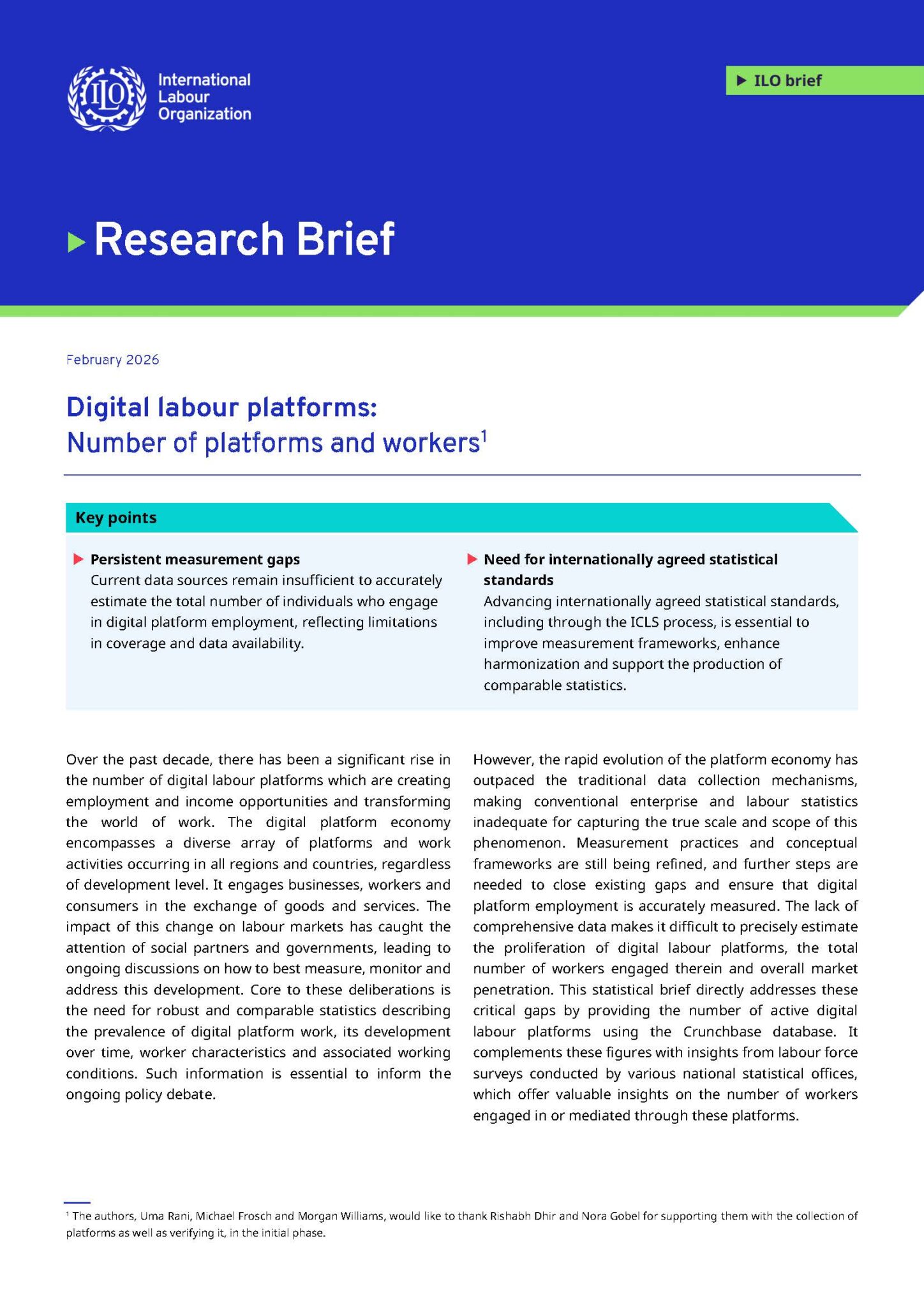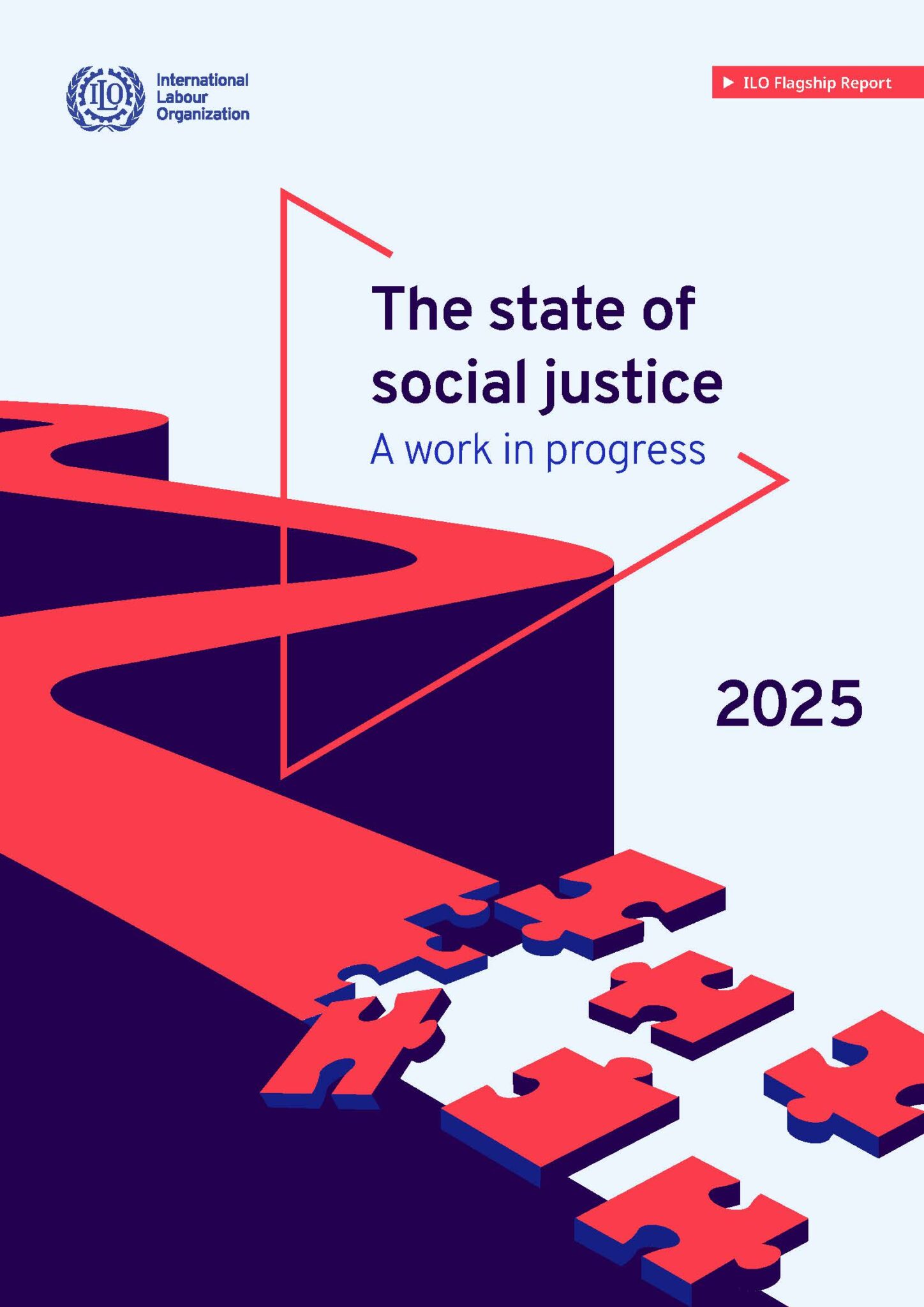
Digital labour platforms: Number of platforms and workers
This brief examines the growth of digital labour platforms and provides updated estimates on the number of active platforms and workers engaged through them. It highlights persistent measurement gaps and underscores the need for internationally agreed statistical standards to improve comparability and inform policy.
Digital labour platforms: Number of platforms and workers Read More »





